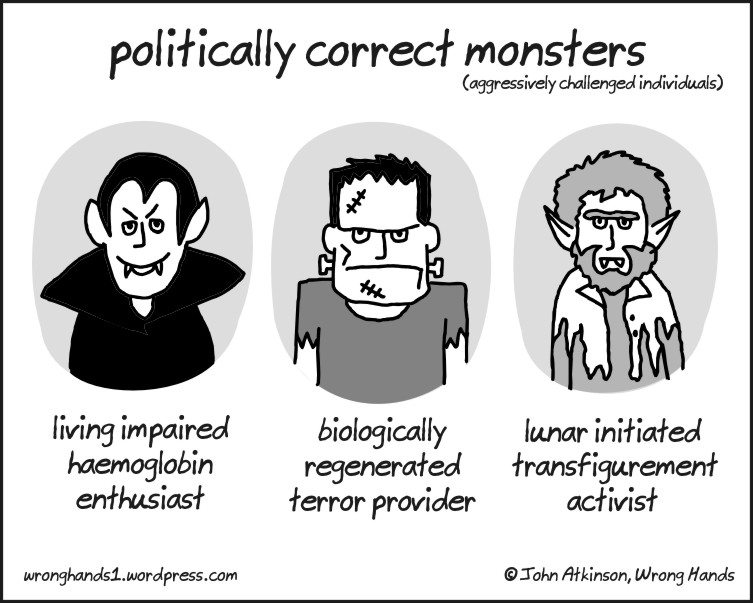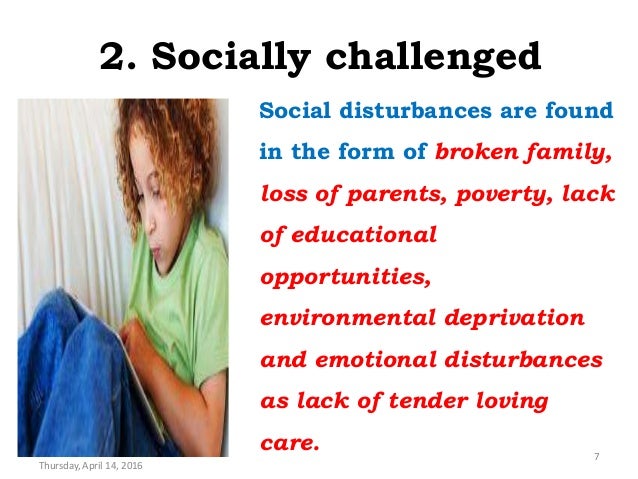
Introduction
People with mental disabilities have been the subject of debate for many years. One of the most controversial topics when it comes to talking about mental disabilities is the term "mentally challenged." Some people argue that this term is offensive and should not be used, while others believe it is the most politically correct term to use. In this article, we will explore whether the term "mentally challenged" is politically correct or not.
The History of Terminology

The language that is used when referring to people with disabilities has changed over the years. In the past, words such as "retarded" and "idiot" were commonly used to describe individuals with intellectual disabilities. These terms have since become offensive and are no longer used in a professional setting. The term "mentally challenged" was introduced as a more sensitive and politically correct term to use.
Why "Mentally Challenged" is Offensive

Despite the introduction of the term "mentally challenged," many people still find it offensive. This is because the term implies that people with intellectual disabilities are facing a challenge that they need to overcome. This can be seen as patronizing and insensitive. It also suggests that people with intellectual disabilities are not capable of achieving the same level of success as those without disabilities, which is not true.
Why Some People Think "Mentally Challenged" is Politically Correct

Despite the criticisms of the term "mentally challenged," some people still believe it is the most politically correct term to use. This is because it is seen as less offensive than some of the older terms that were used. It is also a term that is widely used in the medical and educational fields, which makes it easier to communicate with professionals about individuals with intellectual disabilities.
Alternative Terminology
As the language surrounding intellectual disabilities continues to evolve, new terms are being introduced. One of the most popular terms being used today is "intellectually disabled." This term is seen as more politically correct because it does not imply that people with intellectual disabilities are facing a challenge that they need to overcome. Other terms that are commonly used include "developmentally disabled" and "cognitively disabled."
The Importance of Person-First Language

Regardless of which term is used to describe individuals with intellectual disabilities, it is important to use person-first language. This means that the person should be referred to first and their disability second. For example, instead of saying "mentally challenged person," it is more appropriate to say "person with an intellectual disability." This puts the focus on the person as an individual, rather than their disability.
Moving Forward

It is important to remember that language is constantly evolving, and the terms that are used today may not be appropriate in the future. As we continue to learn more about intellectual disabilities, it is important to use language that is sensitive and respectful. Ultimately, the most important thing is to treat individuals with intellectual disabilities with the same dignity and respect that we would want for ourselves.
Conclusion
The term "mentally challenged" has been a subject of debate for many years. While some people believe it is the most politically correct term to use, others find it offensive. It is important to use person-first language and to be sensitive and respectful when referring to individuals with intellectual disabilities. As we continue to learn more about intellectual disabilities, it is likely that new terminology will be introduced to better represent and respect individuals with these conditions.